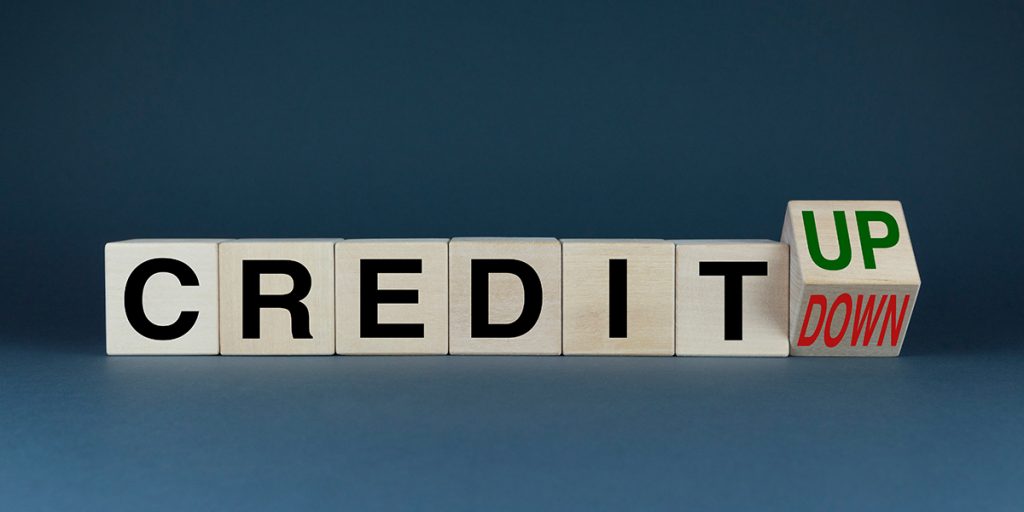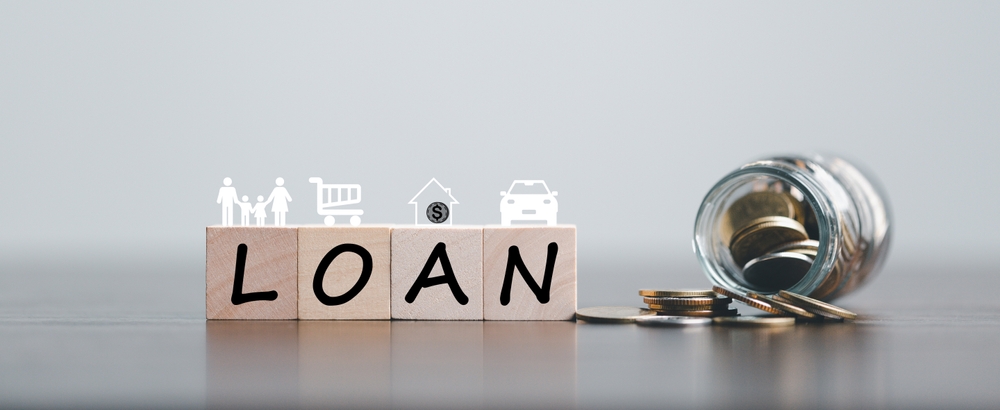The Price of Trust: How Your Credit Score Sets Your Credit Card Interest Rate
A credit card is a fundamental tool for modern life, but the cost of that convenience isn’t fixed.
Overview
A credit card is a fundamental tool for modern life, but the cost of that convenience isn’t fixed. It’s negotiated, and your Credit Score is the negotiator.
Your score, that crucial three-digit number ranging from 300 to 900, reflects your entire credit history. Credit card companies use a method called risk-based pricing: they look at your score to assess the risk of lending to you. The higher the risk you represent, the more they charge you.
Good Score, Good Deal: Why Trust is Cheap
If you maintain a high credit score, your credit report demonstrates a history of financial responsibility, including timely payments and wise credit usage.
- You become a low-risk customer. Lenders can easily predict whether your future behavior will be reliable.
- You receive better terms. By consistently displaying good credit behavior, you make it easy for institutions to assess your worthiness and offer you favorable interest rates.
A strong score ensures you can access credit when you need it, making your purchases more manageable and affordable by avoiding hefty interest charges.
Low Score, High Cost: The Price of Uncertainty
Conversely, a low credit score signals uncertainty or past issues, which directly translates into a higher interest rate.
- You represent a high risk. A low score means you have either struggled with timely payments, carried excessive debt, or you are new to credit and have not yet built a positive track record.
- The bank charges you for the risk. To compensate for the perceived chance that you might delay or default on payments, the credit card company charges a much higher interest rate.
The difference in interest paid over a year can be substantial, proving that a high score isn’t just about getting approved; it’s about saving money
Your Strategy: Three Steps to a Better Rate
If you want to access better credit card interest rates, you should proactively improve your score.
- Review Your Credit Report Frequently: Get a free credit score check and the full report quarterly. This helps in understanding the factors that influence your score and spot errors that might be lowering it.
- Make On-Time Payments Your Priority: This is the most crucial step. Set reminders or automate your payments to ensure you never miss a due date. Timely payments strengthen your credit score.
- Keep the Credit Card Balance Low: This is your Credit Utilization Ratio. Even if you have a high limit, aim to use no more than 30% of it. A low balance signals responsible usage, making you appear less reliant on credit.
 Conclusion
Conclusion
By being responsible and resolute with your finances, you prove you are a trustworthy customer, and in return, the financial world rewards you with lower interest rates.



